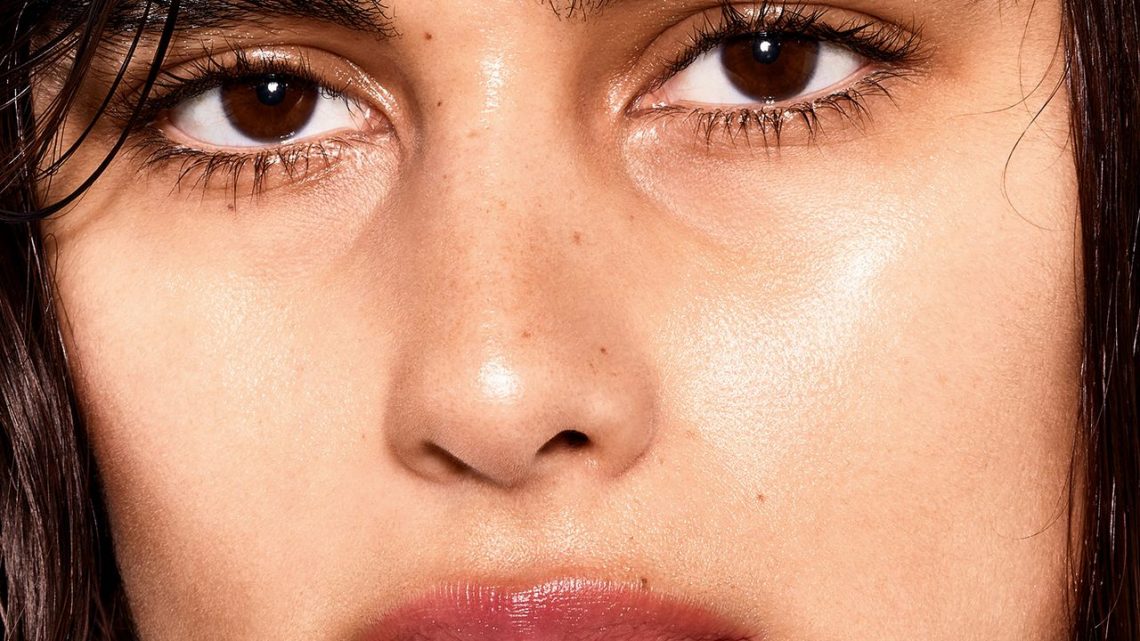
The Power of Rice: The Ancient Ingredient Transforming Modern Skincare
For centuries, rice has been a vital source of nourishment the world over, sustaining us from within with its fueling and filling fibre content. However, skincare brands have unlocked new possibilities from the staple complex carb, redefining how we treat the skin from the outside.
Long called upon in beauty rituals in ancient Japan and China, rice is nothing new in East Asian culture, but the breakthrough ingredient is only recently making a splash on shelves here in the UK, driving supercharged skincare for more radiant, smoother skin.
Featured in this article
From bowl to beauty, rice-infused formulas are brimming with brightening, hydrating and barrier-strengthening benefits. The extracts – rice bran, black rice, fermented-rice filtrate – take starring roles in many K-Beauty export brands like Thank You Farmer, Tir Tir and Haruharu Wonder, to name but a few.
Scroll down to decode everything you need to know about the wonder ingredients and which products you need to achieve a luminous complexion.
Haruharu Wonder Black Rice Hyaluronic Toner
Thank You Farmer Rice Pure Watery Mist
ILIA The Base Face Milk
Tatcha The Rice Wash
Tir Tir Milk Skin Toner
Beauty of Joseon Glow Replenishing Rice Milk
FAQs
“Rice has been used in Korean beauty rituals for centuries,” explains Thank You Farmer co-founder Hyejin Nam. “People traditionally rinsed their faces with rice water to achieve clear, healthy skin. Inspired by this wisdom, modern Korean skincare refines rice extract through advanced technology to purify and stabilise its natural nutrients. The result is a gentle yet powerful ingredient that helps maintain healthy, balanced and radiant skin.”
It is derived from soaking rice, as explained by consultant dermatologist Dr Aiza Jamil. She says, “Rice water is the starchy liquid left after rinsing or soaking rice. In skincare, “rice extracts” are derived from rice (bran, germ or water), containing vitamins (B, E), amino acids, ferulic acid, and antioxidants, hydrating, soothing and protecting the skin barrier.”
What are the benefits of rice water on skin?
According to Nam, “Rice is naturally rich in vitamins, minerals, and amino acids that help nourish and soften the skin. Through modern extraction, these nutrients are transformed into rice extract – a more stable form that enhances hydration, refines texture, and supports the skin barrier. It leaves the skin clear, even, and naturally radiant.”
Dr Jamil confirms this, “Rice water and rice extract have many skincare benefits, including hydration, barrier support (strengthening the skin’s natural barrier), brightening skin (helping even out the skin tone), as an anti-inflammatory (calms redness and mild irritation), and support with antioxidants (defending from environmental stressors).”
The dermatologist reveals that it is generally safe. But she does caution, “Allergic reactions can occasionally occur, particularly with homemade rice water, which may develop bacterial growth if not stored properly. This can potentially irritate the skin or trigger breakouts, making store-bought, formulated products a much safer and more reliable option.”
Can rice help hyperpigmentation?
While both experts agree that this is not the direct aim of rice-based skincare, it can help create balance to the complexion and boost radiance through hydration. Dr Jamil tells us, “There is some evidence that rice extract can improve hyperpigmentation. Over time, consistent use may brighten dull skin and mildly fade dark spots, but it is not as potent as proven brightening agents like vitamin C, niacinamide, or hydroquinone – but can, of course, be used alongside them.”
Can rice reduce wrinkles and signs of ageing?
Much like above, Nam says: “Rice extract itself isn’t directly formulated to reduce wrinkles or visible signs of ageing.” But you may notice some plumping, smoothing and elasticity boosting through hydration. What’s more, Dr Jamil informs us that, “Rice extract contains antioxidants (like ferulic acid and oryzanol) that help neutralise free radicals and reduce oxidative stress, which contributes to ageing. While it can help improve skin texture and radiance, its anti-ageing effects are mild and certainly wouldn’t recommend it as a replacement for stronger anti-ageing actives like your retinoids, peptides, or AHAs.”
What skin types should use?
Rice skin can be used by all skin types because, “rice extract helps balance oil and moisture levels while supporting the skin barrier. The formulas are gentle, non-irritating, and designed to keep the skin comfortably hydrated and balance,” says Nam.
Dr Jamil agrees but breaks it down further explaining that rice-based skincare is most suitable for:
- “Dry or dehydrated skin: for gentle hydration.
- Sensitive skin: for soothing and calming effects.
- Oily or acne-prone skin: non-comedogenic, light texture.
- Mature skin: for antioxidant support.”
Can rice be combined with actives (e.g. acids, retinol)?
“Yes,” the brand co-founder stresses. “It can be layered with active ingredients such as mild acids or retinol.” In fact, Dr Jamil recommends this as rice, “can help buffer irritation caused by stronger ingredients like acids or retinoids.”
Does rice help with sensitive skin, rosacea or eczema?
“Rice extract has anti-inflammatory and barrier-repair properties, which can soothe mild irritation and support conditions like sensitive skin and rosacea,” Dr Jamil explains. “However, it’s not a treatment for eczema or rosacea flare-ups as such, and can only support barrier recovery.”
I am a huge fan of Korean skincare. In fact, it’s a near-obsession at this point. I love the formulas as my dry and dehydrated complexion drinks up the nourishing and moisture-enriching formulas, many of which are driven by rice. Over my career as a beauty editor, I have sampled hundreds of K-beauty exports and many of them contained rice, giving me the idea for this round-up. I have put every single one of the products selected onto my skin and adored their feel, texture and benefits.






Can you be more specific about the content of your article? After reading it, I still have some doubts. Hope you can help me. https://www.binance.info/register?ref=IXBIAFVY